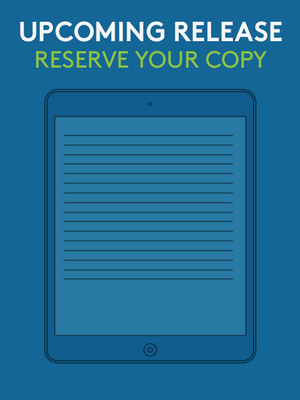Directorless Shakespeare
ebook ∣ Transformations through collective Embodied Literary Criticism · Routledge Advances in Theatre & Performance Studies
By Elena M. Pellone

Sign up to save your library
With an OverDrive account, you can save your favorite libraries for at-a-glance information about availability. Find out more about OverDrive accounts.
Find this title in Libby, the library reading app by OverDrive.



Search for a digital library with this title
Title found at these libraries:
| Library Name | Distance |
|---|---|
| Loading... |
Challenging received scholarship on the practice of Shakespeare's theatre, this book displaces a contemporary cultural bias towards leadership models to reconsider possibilities of working in a non-hierarchical and inclusive creative theatrical practice. It offers ways of restoring to actors a sense of what the Existentialists termed "autonomy" that Shakespeare's company would have embodied. Against a critical account of two major Shakespeare playhouses – Shakespeare's Globe, London and the American Shakespeare Center – the book describes the original practice-based research by Anərkē Shakespeare and V.enice S.hakespeare C.ompany without a controlling director. Their staging of three directorless Shakespeare plays, and his narrative poem The Rape of Lucrece, with diverse actors, performance spaces, languages and countries, explores multilingual, intersectional, cross-disciplinary and international possibilities of early modern performance and study. Directorless Shakespeare as "Embodied Literary Criticism" releases the dialogical forces of Shakespeare's texts, which are more fully served by the centrifugal force of the collective ensemble rather than the centripetal force of the single director. It allows texts to speak fully and multiply, in democratic exchange with an audience, liberated from directorial or theoretically driven concepts.
Directorless Shakespeare will be of great interest to students and scholars in theatre and performance studies, professional practitioners, and historians.







